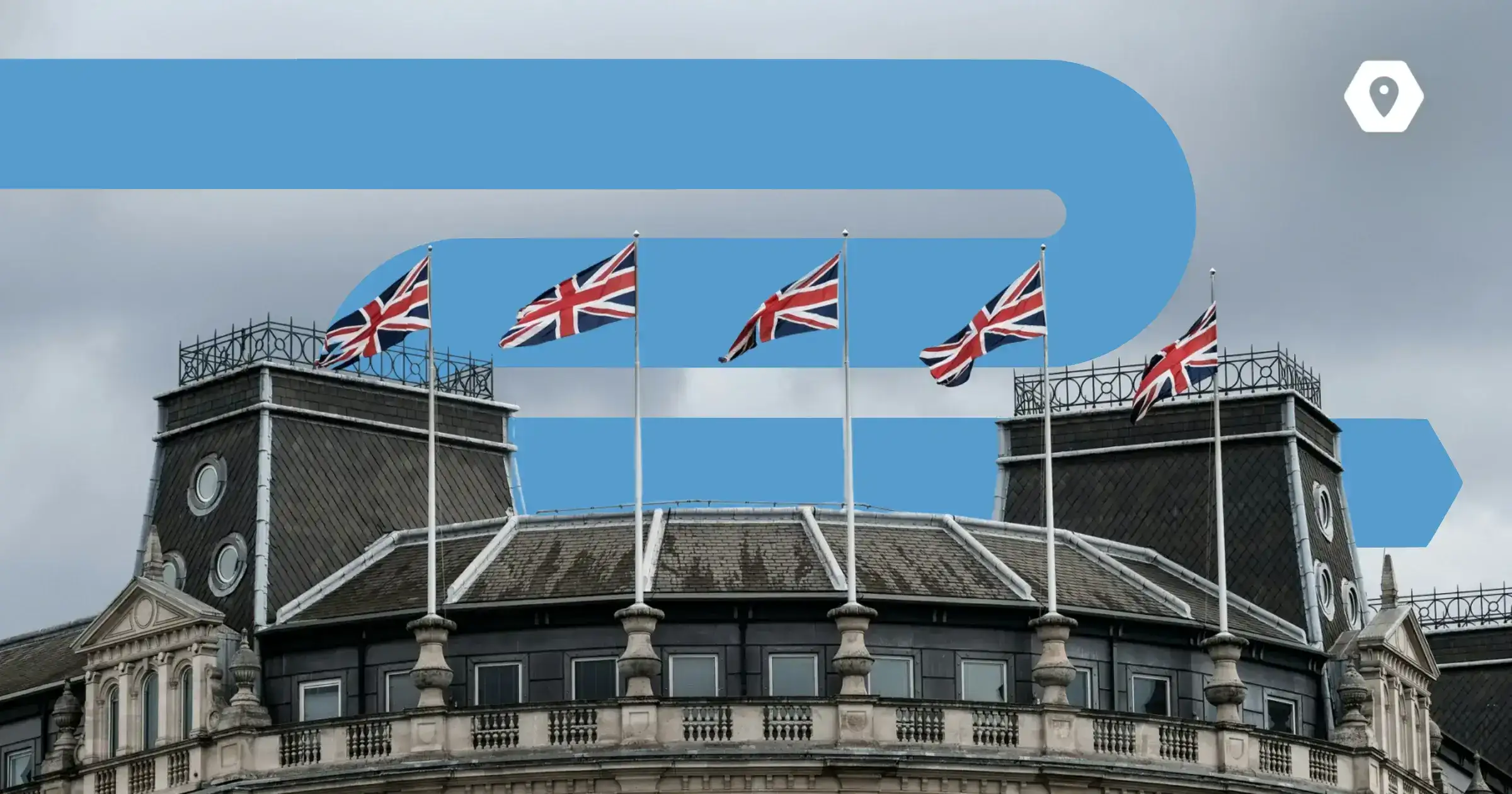Key Takeaway
- From December 16, 2025, the UK Immigration Skills Charge (ISC) will increase by 32%, raising the fee to £1,320 per sponsored worker per year for medium and large employers, and to £480 for small or charitable sponsors.
- The ISC is required for sponsoring overseas workers under Skilled Worker and Global Business Mobility routes, with certain limited occupation exemptions.
- Employers should review their sponsorship pipeline and budgets, and consider assigning Certificates of Sponsorship before December 16, 2025, to benefit from the current lower fees.
- This increase adds significant cost to international hiring, making immigration management platforms and strategic workforce planning essential for compliance and cost control.
What Is the UK Immigration Skills Charge?
The Immigration Skills Charge (ISC) is a mandatory fee paid by UK employers when sponsoring foreign workers under the Skilled Worker and Global Business Mobility routes. It was introduced to encourage UK employers to train domestic workers while allowing access to global talent.
Currently, the ISC applies to each sponsored worker and is paid upfront when assigning the Certificate of Sponsorship (CoS).
The New Increase from December 16, 2025
Starting December 16, 2025, the UK government is increasing the Immigration Skills Charge from £1,000 to £1,320 per sponsored worker per year. The rate for small or charitable organisations will rise from £364 to £480 per year.
This 32% increase will apply to all new Certificates of Sponsorship issued on or after December 16, 2025. Existing sponsorships made before this date will not be affected.
What It Means for Employers
For mid-sized organisations relying on international hires, this increase significantly impacts annual immigration budgets. For example:
Over a three-year visa period, this means an additional £960 per sponsored employee for larger employers.
Why the Government Is Raising the Charge
The UK Home Office states the increase aims to further support investment in local workforce training and reduce dependence on overseas labour. However, many employers argue it creates additional cost pressure at a time when skills shortages remain high across industries like healthcare, engineering, and technology.
How Employers Can Prepare
- Review workforce planning for 2025–2026 to account for the higher ISC cost in your hiring budgets.
- Ensure sponsorship timelines are aligned—if possible, assign Certificates of Sponsorship before December 16, 2025, to pay the current lower rate.
- Assess the total cost per international hire, including Certificate of Sponsorship fee (£239), visa application fees, and Immigration Health Surcharge (£1,035 per year).
- Explore relocation and visa management platforms like Jobbatical to automate compliance and budgeting updates efficiently.
The Bigger Picture: Balancing Costs and Global Talent Needs
While the ISC increase raises the cost of sponsoring talent, it shouldn’t deter employers from hiring internationally. The UK continues to face major skill gaps that global professionals help fill. Employers integrating digital immigration processes and compliance tools can better manage these cost changes while maintaining access to the best talent.


.svg)









.svg)
